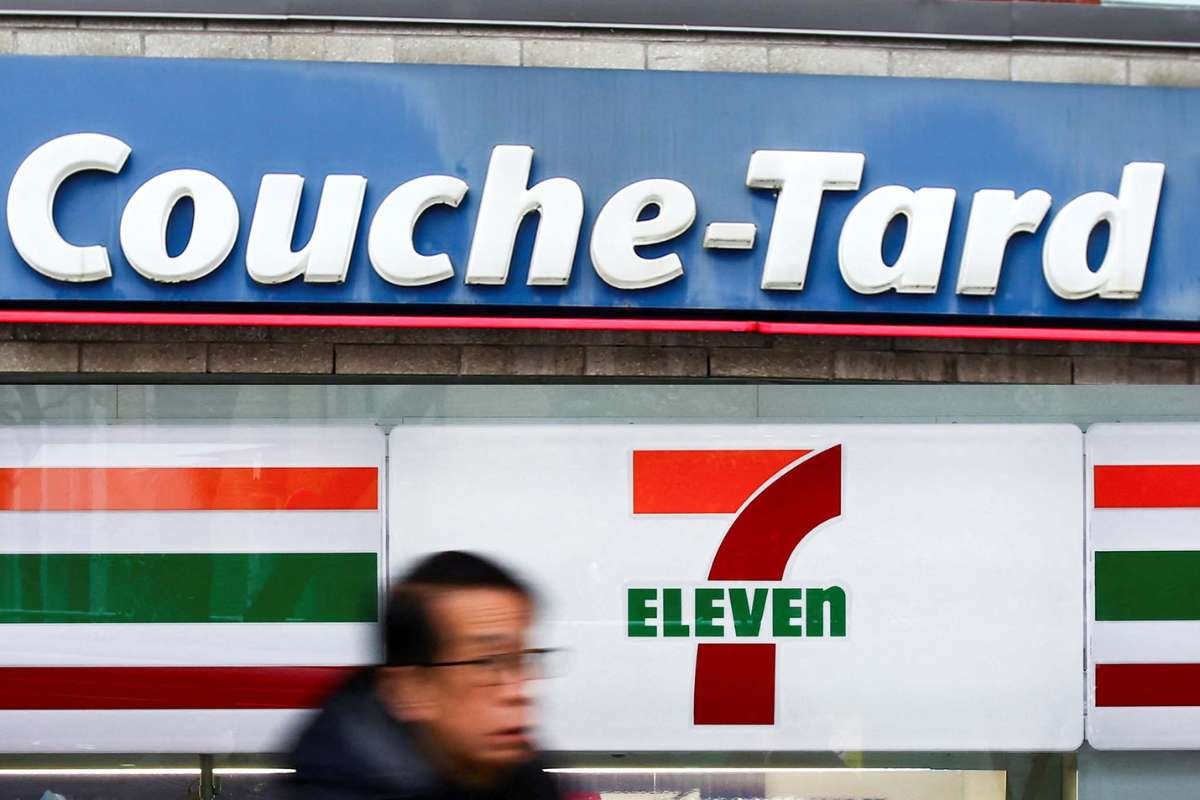Alimentation Couche-Tard, the Canadian convenience store giant, has formally withdrawn its $46 billion acquisition proposal for Japan’s Seven & i Holdings, according to multiple reports. The proposed acquisition would have been one of the largest-ever foreign takeovers of a Japanese company. Seven & i, the parent company of the global 7-Eleven chain, had been under mounting pressure from activist investors to restructure its operations and focus on its more profitable convenience store segment.
Despite Couche-Tard’s sustained interest since 2020 and multiple attempts to establish discussions, Seven & i rejected the offer, stating that the bid “significantly undervalued” the company. The latest proposal came at ¥7,000 per share, a figure that did not persuade Seven & its management, particularly given Japan’s traditionally cautious stance on foreign takeovers.
Strategic Motivations and Reactions
Couche-Tard’s aim was to expand its global footprint and acquire a deeper stake in Asia’s lucrative convenience store market. Seven & i, which operates over 83,000 stores worldwide, including 7-Eleven locations in Japan and the U.S., was seen as a prime target for Couche-Tard’s long-term international growth strategy.
However, the rejection highlights the challenges foreign buyers face when attempting large-scale takeovers in Japan. Japan’s corporate culture tends to favor homegrown consolidation and long-term shareholder value over immediate acquisition premiums. According to The Wall Street Journal, Seven & i did not open its books for due diligence, making it clear that the management was not open to external acquisition discussions. Instead, the company has chosen to pursue its internal restructuring, including selling off its department store unit Sogo & Seibu and sharpening its focus on core retail operations.
Investors showed a mixed reaction. Seven & i’s shares dropped slightly following the news, while Couche-Tard’s stock remained steady. Analysts note that while the deal’s collapse is a setback for Couche-Tard, it may free up capital and strategic focus for other acquisitions more aligned with regulatory ease and shareholder openness.
Broader Implications and What Lies Ahead
The collapse of the $46 billion bid underscores a broader trend in global M&A—particularly the increasing difficulty of executing cross-border deals in the face of economic nationalism and regulatory scrutiny. Couche-Tard’s withdrawal may mark the end of one of its most ambitious international efforts to date, though the company has indicated it will continue seeking other growth opportunities worldwide.
For Seven & i, the move reinforces a strong domestic stance and signals continued prioritization of shareholder reforms from within. The company is expected to focus further on expanding its convenience store dominance in Asia and North America while shedding non-core businesses.
Ultimately, this episode reflects a complex intersection of global ambition, national economic priorities, and evolving shareholder activism in Japanese corporate governance. As analysts monitor the next moves from both companies, the failed deal is likely to influence future large-scale acquisition strategies involving Japanese firms.
Visit CIO Women Magazine to read more.
Sources:









